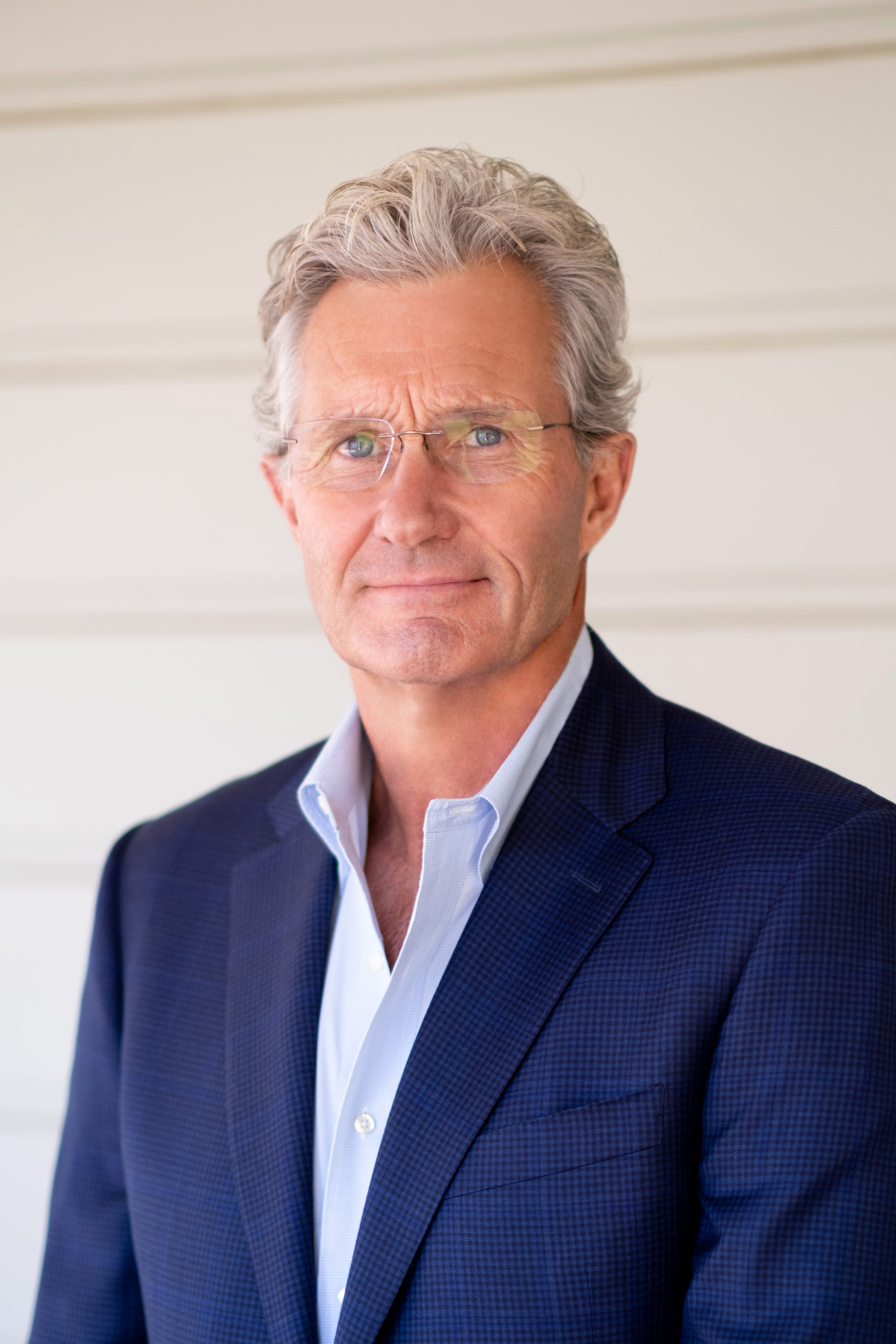
Imagine for a moment you are in a small room, with some unfamiliar instruments on the wall. You might be a little nervous and as soon as the doctor enters, your impressions begin to form. What goes through your mind when you see your doctor or health care provider for the first time?
This simple question gets to the most important part of the healing relationship: Trust. Trust is mutual, and is complicated. It is much more complicated than respect which is actually reciprocal. We tend to respect people who show us respect. You may respect that your Doctor trained at a prestigious institution, is well known in the community, or is a civic leader. But you still may not trust him or her – yet.
In life, and especially in medicine, it is easy to trust someone who is excellent at their job. Competence, then, is the first of the “3 C’s” of trust. How do you know if your Doctor is competent? Begin with a little research. Online reviews may not be valid especially when anonymous. Instead, consider where the doctor went to medical school and trained to be a specialist. There is a real difference in medical schools. If you are unfamiliar with these institutions, consider your primary care doctor. Their referral may be the best clue that your new doctor will also be good. Remember this fact of life: quality people work with quality people.
The second “C” of trust is simple: Caring. It’s hard to know what motivated your Doctor to go to medical school. Was it a desire to earn the joy of helping and healing or was money or professional status the end game? The good news is that your human intuition is very strong when it comes to caring. You will feel if your Doctor cares about you. Listen to your instincts.
The third “C” of trust is complicated: Character. How will you know if your Doctor is a person of high character? Surely, you want a person with a strong moral compass helping you make health-care decisions. Look for simple clues. Does your doctor admit if a treatment is not going to plan rather than shifting the blame to something or someone else, or even on you, the patient? These are clues to integrity, character, and humility.
There is one final component to the three “C”s. Now that you have some tools to see if you can develop trust in your Doctor, remember that your Doctor needs to trust you too. Doctors are presented with complicated medical riddles, prescribe potent medications, perform difficult procedures, and many give our heart and soul to our patients 20 times a day. Trusting the patient is equally important. As I enter that same room, I am hoping I will get the information I need. Will you act on my best advice? Will you respectfully challenge me if I am not hearing your needs?
Trust is the door through which we reach our mutual hope for a healthier life. Together, we can arrive at a place of trust.
